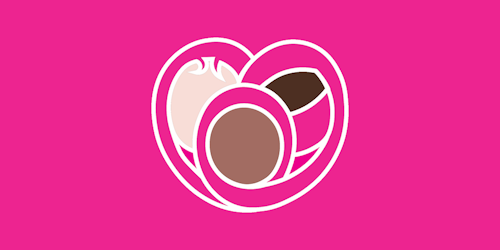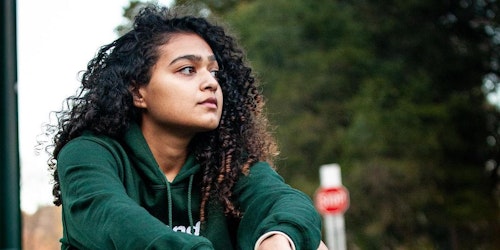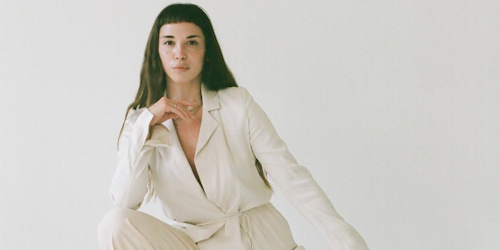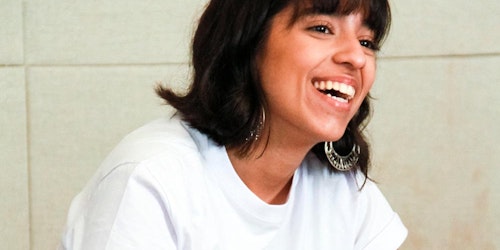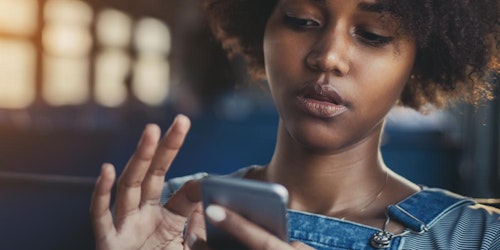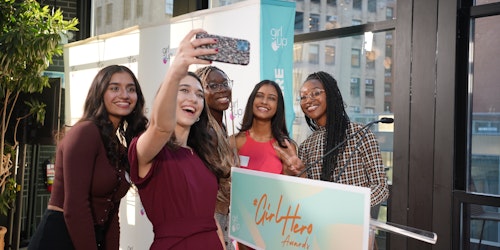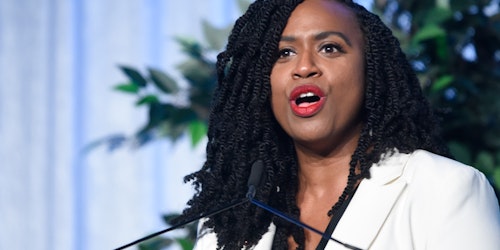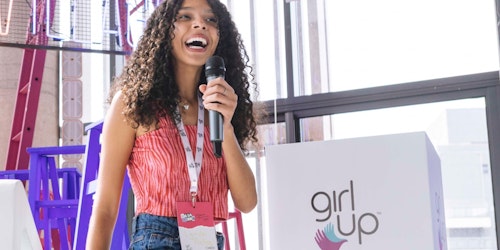Although Shayla Stonechild originally moved to Vancouver to pursue a career in acting, she soon took a step back after seeing the lack of healthy and positive representation of Indigenous peoples in mainstream media. Undeterred, this Mètis and Nehiyaw Iskwew (Plains Cree Woman) from Muscowpetung First Nations took matters into her own hands and founded Matriarch Movement—a non-profit platform focused on amplifying Indigenous women’s voices and helping them reclaim their stories.
With Native American Heritage Month wrapping up at the end of November, we spoke to Stonechild about the daily actions we all can take to support Indigenous communities and advocate for the rights of Indigenous peoples year-round (Spoiler: It involves listening, learning, and engaging in meaningful conversations).
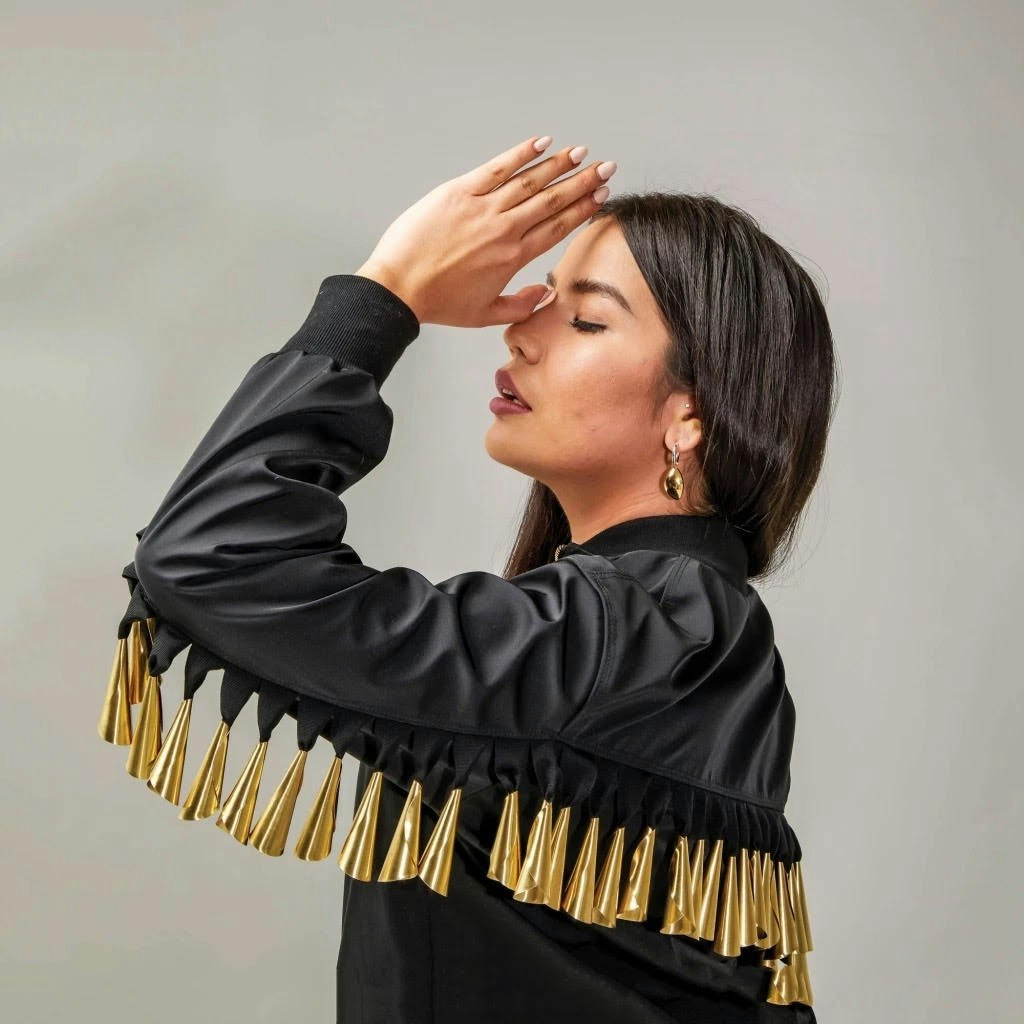
What does celebrating Native American Heritage Month mean to you?
Native American Heritage Month means really celebrating how far we’ve come as Indigenous people. For me, Native American Heritage Month is honoring my ancestors, my lineage, and all the sacrifices that my family went through for me to be here, to have access to opportunities that they never even had the chance to. It’s deep gratitude for what my family and my bloodline have gone through for me to now take up space and to use my voice for radical change within this world.
In the past, I really used it as a time to educate and uplift our voices, and then I realized that radical rest during these months is also important. It’s okay to take a step back and reflect on your journey and not always demand and educate because you burn yourself out. So, Native American Heritage Month is remembering radical rest as well.
What are some ways you think people can learn more about & celebrate these rich and diverse heritages or cultures without 1) Appropriating them and 2) Pressuring those from that community to be the ones to educate?
I think that’s such a deeply personal and nuanced conversation and it’s different for each community. Just because I’m indigenous, I don’t speak for all indigenous people. There are over 600 Nations here in Canada alone and over 575 in the U.S, so I think understanding that just because you come from a marginalized community does not mean we’re all going to think and feel the same way; we’re not a monolith. It comes down to personal connections and personal relationships to others within that community—coming from a place of honesty and [saying] ‘I’m learning right now, I’m unlearning everything’—and asking.
I think one of the key ways we build relationships is through storytelling, which is something you seem to believe too. You developed the Matriarch Movement podcast to share the stories of Indigenous women who are reclaiming their power. What role does storytelling & inviting listeners to learn about different cultures play in building a more united world and why do you believe it’s important to share these stories?
Storytelling is a way of connecting to others; it’s the foundation that exists within humanity. It’s a way of relating to one another and tells you, on a subliminal level, that you’re not alone. Storytelling has been a part of Indigenous culture since time immemorial. These stories not only exist within ourselves, but they also exist within our ancestors, and they provide us with the blueprint that we need for the future. Our ancestors had a lot of stories and teachings that tied us to the natural laws of the universe and of creation and these are the teachings and values that are needed for humanity right now.
Native American Heritage Month is honoring my ancestors, my lineage, and all the sacrifices my family went through for me to be here…to use my voice for radical change within this world.
Has representation of Indigenous girls and women changed in mainstream media over the past decade & if so, how do you hope it continues to evolve?
Growing up, I didn’t have a lot of indigenous role models or people in mainstream media. We didn’t see a lot of ourselves highlighted, and if we did, it was always from a state of vulnerability or survival or all these historic stereotypes. That affected me as a kid on a subliminal level because I thought that was all I was ever gonna be able to amount to. What has happened now though—and only within the last couple of years—is we are taking up space. We’re not only being highlighted in mainstream media, but we’re actually working within it and having our stories told the way that we want to tell them.
It’s great to see within 2021 the rise of Indigenous influencers, activists, and educators on social media, so I’m hopeful for the future. But, I also realize Indigenous representation is just one stepping stone and there has to be more of a talk around Indigenous inclusion. We still have a lot of work to do.
If we’ve learned anything over the past few years, it’s that youth play a key role in leading these conversations. Do you have any advice for youth, like our Girl Up leaders, who are striving to tangibly build more inclusive communities?
I have so much advice [laughs] I think it’s a daily reminder of ‘what is my why, what is my purpose, and is it greater than just myself?’ I often go back to a teaching, which is really prominent among a lot of First Nations communities, and it’s the medicine wheel. It represents the interconnectedness of everything and everyone. You have to work on balancing the medicine wheel within you—your physical, mental, emotional, and spiritual health—before you can start to help out your community and then globally. If you don’t work on your own inner self, you’re going to burn yourself out; you can’t fill from an empty cup. So, when I feel burnt out, it’s about coming back to my why, remembering the importance of radical rest, and dismantling this program that we always have to be in a constant state of doing.
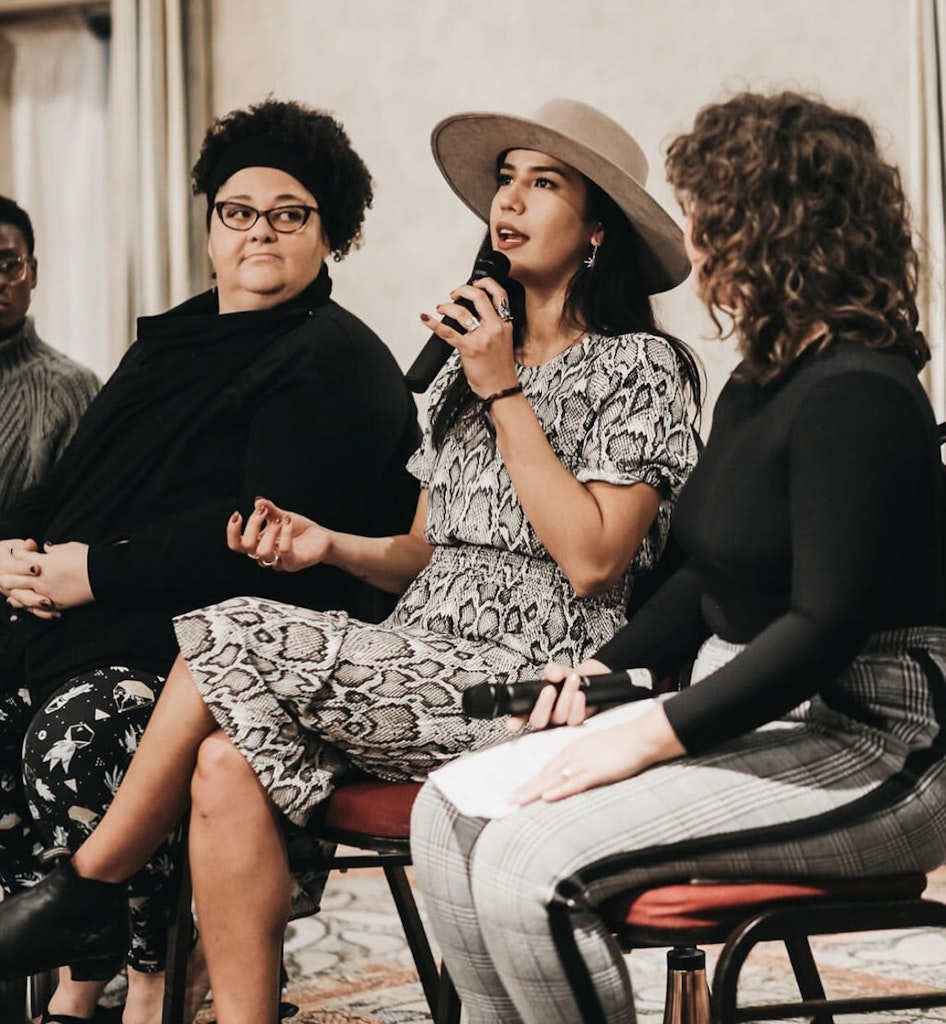
As Native American Heritage Month wraps up at the end of November, how do you hope we all continue to support Indigenous communities year-round?
It’s about coming back to yourself and unlearning any of the negative stereotypes or programming that you have learned about Indigenous people—reflecting on your education of Indigenous people and the biases that you have. Also reflecting on your relationship to the traditional territory where you’re currently living. What’s currently happening is directly connected to the effects of colonization and capitalism so I would invite you to learn more about the history of the land that you currently reside on and then see how you can give back to that land and to the first few peoples of it.
Watch this space for more conversations with the world’s most influential changemakers and follow Girl Up on Instagram, Twitter, and Facebook to learn how you can join the movement for positive social change.
This conversation has been edited for clarity and length.
